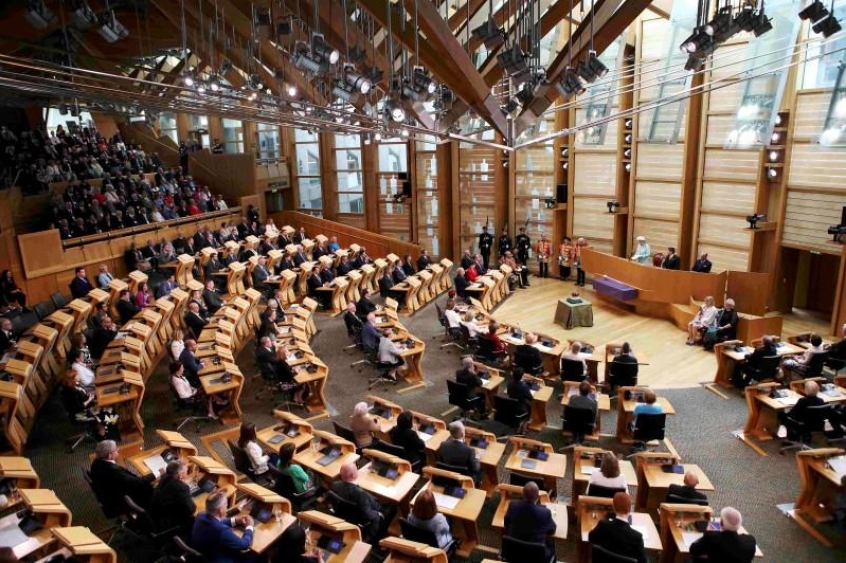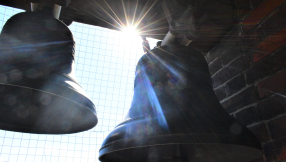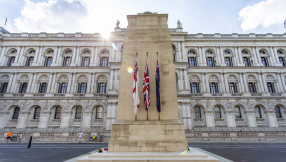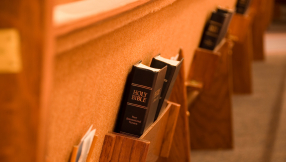
The Scottish Government's controversial Hate Crime Bill was passed in Holyrood this week as concerns remain over the impact on free speech.
The Hate Crime and Public Order (Scotland) Bill criminalises the "stirring up of hatred" and was passed by 82 votes to 32, with four abstentions.
It is set to become law despite a prolonged campaign to remove Part 2 - the section on stirring up hatred - over concerns that it would jeopardise free speech, including private conversations in the home.
The Catholic Church and Christian groups warned that it could become a crime under the Bill to express the traditional biblical view on issues like sexuality or gender identity.
But opposition came from a broad spectrum of groups, including the police, lawyers, the BBC, comedians and the National Secular Society.
In an olive branch to opponents, safeguards were added to the Bill to protect free speech, including a reference to Article 10 of the European Convention on Human Rights which "allows for the expression of information or ideas that offend, shock or disturb".
The wording of the Bill was also amended from "likely" to stir up hatred to having to prove "intent", and a controversial section that would have criminalised possessing "inflammatory materials", possibly including the Bible, was also removed.
Simon Calvert, of The Christian Institute, which was part of the Free to Disagree campaign against the Bill, said the final draft was an improvement.
"'Tackling hatred' sounds a noble cause. But rhetoric and reality are not the same thing. The original Bill was so broad it could have seen people prosecuted simply for explaining Christian sexual ethics," he said.
"The Scottish Government came under unprecedented pressure and was forced to concede several key changes to its plans.
"Yes, it would have been better to have dropped Part 2, the section on stirring up hatred, completely. But if you were one of those who took action: thank you. Free speech in Scotland is safer because of you."
Scotland's Justice Secretary Humza Yousaf sought to allay free speech concerns during the debate.
"To those who think they may accidentally may fall foul of the law in relation to raising a point - because they believe sex is immutable, or those who proselytise that same-sex marriages are sinful - none of these people fall foul of the stirring up of hatred offence for solely stating their belief, even if they did so in a robust manner," he said.
"Solely stating a belief is not breaching the criminal threshold."
Christian advocacy group CARE, however, said that concerns remain over the Bill's implications for free speech.
"CARE's principal concern with this legislation has always been with the potentially very dangerous restrictions on free speech," said Michael Veitch, CARE for Scotland's Parliamentary Officer.
"It will now be vital to closely monitor the implementation of the legislation going forward in an effort to avoid deeply damaging limits on freedom of expression on a range of matters."













